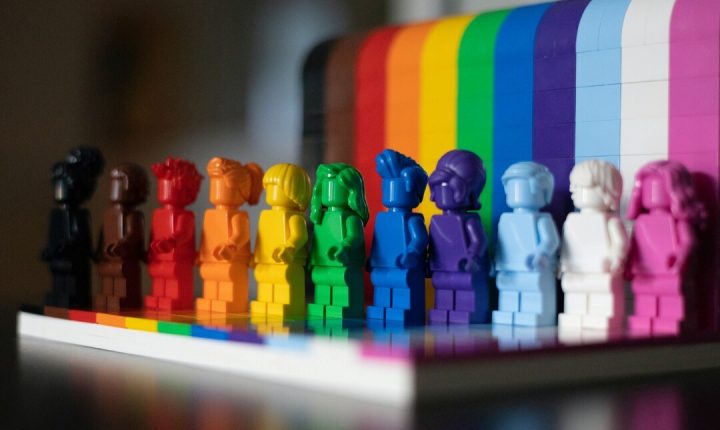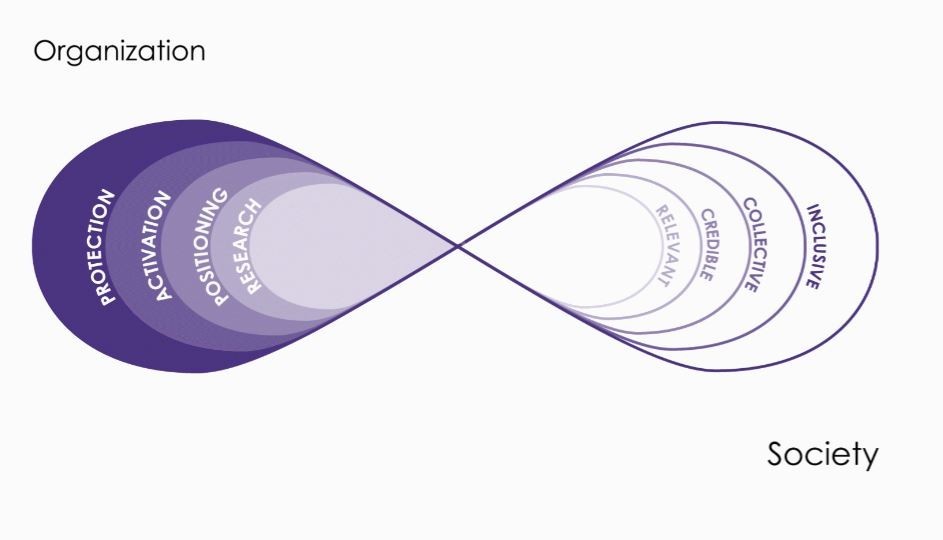
FleishmanHillard and Omnicom PR Group Extend Diversity, Equity and Inclusion (DE&I) Offering Across Europe
FleishmanHillard and Omnicom PR Group (OPRG) today announced the continued focus and investment in bringing leading DE&I expertise across Europe with the launch of True MOSAIC across 15 markets, further advancing the agencies global Diversity, Equity and Inclusion (DE&I) strategy and supporting its ambition to become the most inclusive agency in the world.



